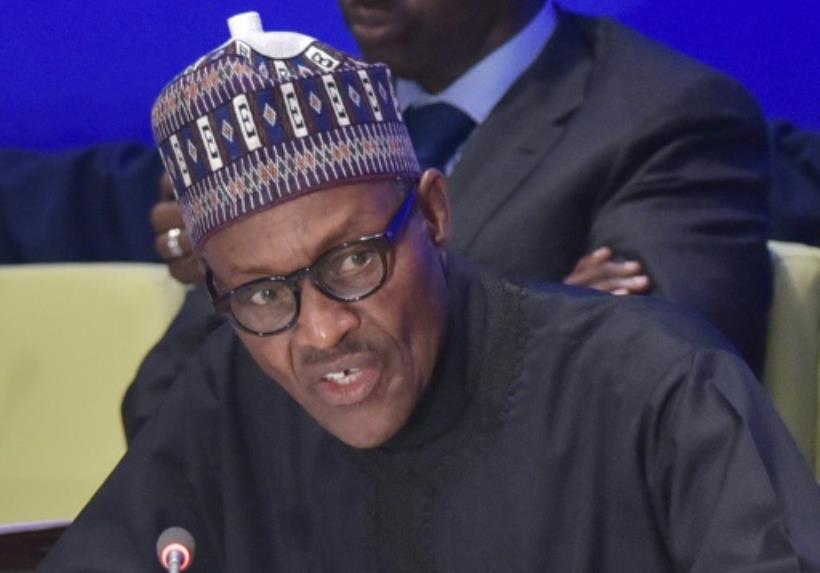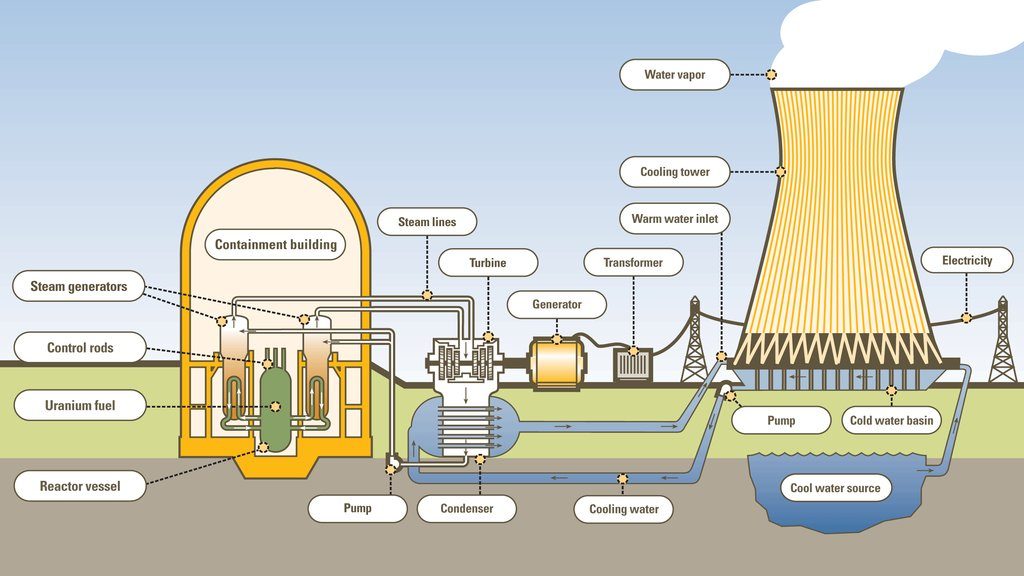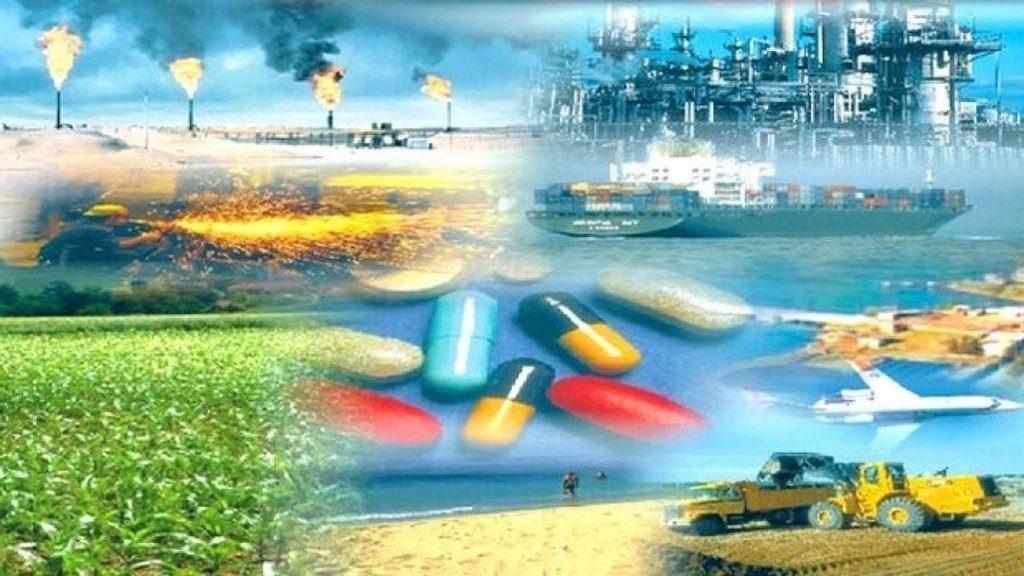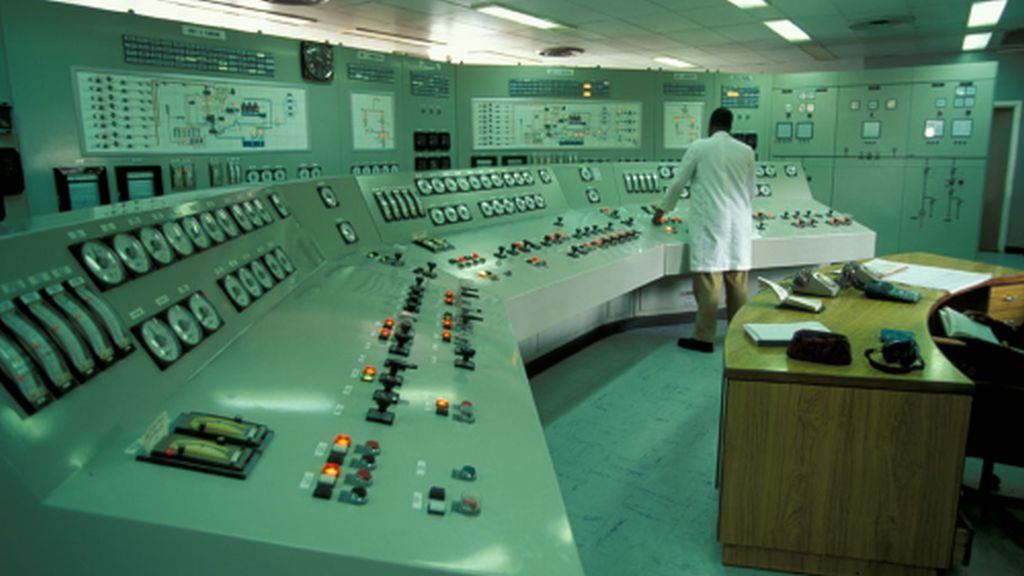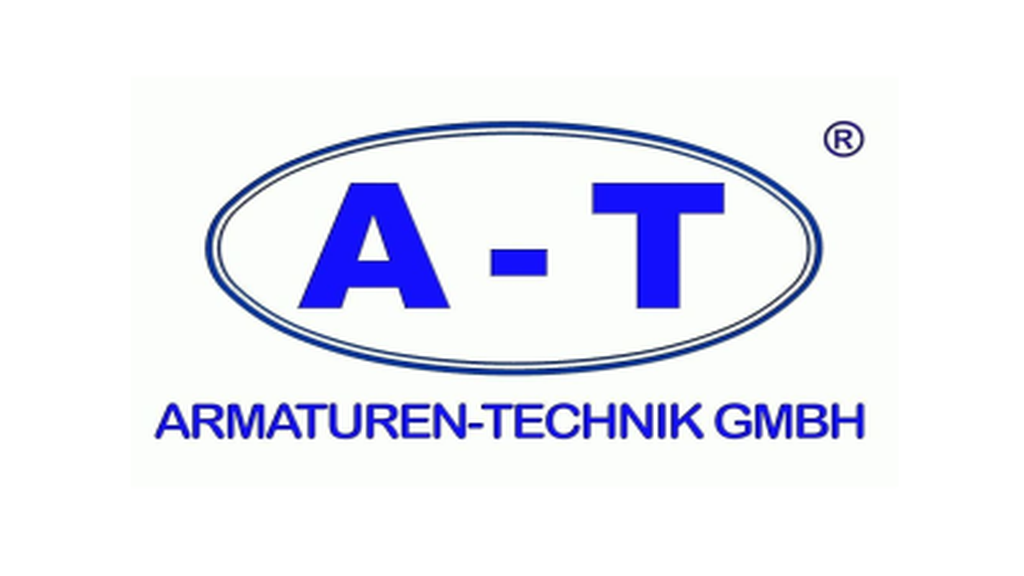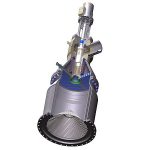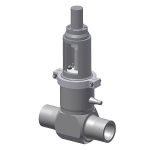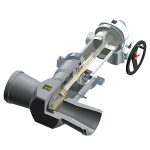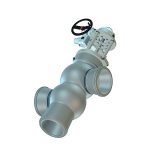President Muhammadu Buhari said on Monday that his administration would ensure steady power supply before the expiration of his tenure through the provision of additional 10,000 megawatts.
The President gave the assurance at the National Economic Council Retreat holding at the Presidential Banquet Hall, Abuja.
According to him, 2,000 of the anticipated 10,000 megawatts will be added to the national grid in 2016.
“Nigerians’ favourite talking point and butt of jokes is the power situation in our country. But, it is no longer a laughing matter.
“We must and by the grace of God we will put things right.
“In the three years left for this administration we have givenourselves the target of 10,000 megawatts distributable power.
“In 2016 alone, we intend to add 2,000 megawatts to the national grid.
“In our determination to change we must and will, Insha Allah, put a stop to power shortages.’’
The President, who stated that the nation was facing the classic dilemma of privatisation of the power sector, noted that no remarkable improvement in the quality of service had been recorded after the exercise.
He, however, stated that the National Electricity Regulatory Commission (NERC) must ensure that consumers get value for money and over-all public interest is safe-guarded as government will complete the process of the privatisation.
Source: Daily Post, Mach 22, 2016
 afric-Invest
afric-Invest